-
>
豫商发展史与豫商案例研究:商圣范蠡评传
-
>
图解资本论
-
>
金融炼金术(专业珍藏版)2021专业审订
-
>
博雅丛书系列——经济行为的人文向度
-
>
新兴七国比较研究:全球化与国家竞争
-
>
协同创新网络研究
-
>
结构性改革:中国经济的问题与对策
经济学原理(上下卷 英文珍藏版) 版权信息
- ISBN:7224073547
- 条形码:9787224073546 ; 978-7-224-07354-6
- 装帧:简裝本
- 册数:暂无
- 重量:暂无
- 所属分类:>
经济学原理(上下卷 英文珍藏版) 本书特色
Which Have Influenced the History of the World/English Edition An Introduction to the Principles of Morals and Legislation Principles of Economics Reconstruction in Philosophy An Inquiry into the Nature and Causes of the Wealth of Nations Two Treatises of Government The Theory of Moral Sentiments The General Theory of Employment, Interest and Money
经济学原理(上下卷 英文珍藏版) 内容简介
Which Have Influenced the History of the World/English Edition
An Introduction to the Principles of Morals and Legislation
Principles of Economics
Reconstruction in Philosophy
An Inquiry into the Nature and Causes of the Wealth of Nations
Two Treatises of Government
The Theory of Moral Sentiments
The General Theory of Employment, Interest and Money
经济学原理(上下卷 英文珍藏版) 目录
PREFACE TO THE EIGHTH EDITION
Book I. Preliminary Survey.
I.I Introduction.
I.II The Substance of Economics.
I.III Economic Generalizations or Laws.
I.IV The Order and Aims of Economic Studies.
Book II. Some Fundamental Notions.
II.I Introductory.
II.II Wealth.
II.III Production. Consumption. Labour. Necessaries.
II.IV Income. Capital.
Book III. On Wants and Their Satisfaction.
III.I Introductory.
III.II Wants In Relation To Activities.
III.III Gradations Of Consumers' Demand.
III.IV The Elasticity of Wants.
III.V Choice Between Different Uses of the Same Thing. Immediate and Deferred Uses.
III.VI Value and Utility.
Book IV. The Agents of Production. Land, Labour, Capital and Organization.
IV.I Introductory.
IV.II The Fertility of Land.
IV.III The Fertility of Land, Continued. The Tendency To Diminishing Return.
IV.IV The Growth of Population.
IV.V The Health and Strength of the Population.
IV.VI Industrial Training.
IV.VII The Growth of Wealth.
IV.VIII Industrial Organization.
IV.IX Industrial Organization, Continued. Division of Labour. The Influence of Machinery.
IV.X Industrial Organization, Continued. The Concentration of Specialized Industries in Particular Localities.
IV.XI Industrial Organization, Continued. Production on a Large Scale.
IV.XII Industrial Organization, Continued. Business Management.
IV.XIII Conclusion. Correlation of the Tendencies To Increasing and To Diminishing Return.
Book V. General Relations of Demand, Supply, and Value.
V.I Introductory. On Markets.
V.II Temporary Equilibrium of Demand and Supply.
V.III Equilibrium of Normal Demand and Supply.
V.IV The Investment and Distribution of Resources.
V.V Equilibrium of Normal Demand and Supply, Continued, With Reference To Long and Short Periods.
V.VI Joint and Composite Demand. Joint and Composite Supply.
V.VII Prime and Total Cost in Relation To Joint Products. Cost of Marketing. Insurance Against Risk. Cost of Reproduction.
V.VIII Marginal Costs in Relation To Values. General Principles.
V.IX Marginal Costs in Relation To Values. General Principles, Continued.
V.X Marginal Costs in Relation To Agricultural Values.
V.XI Marginal Costs in Relation To Urban Values.
V.XII Equilibrium of Normal Demand and Supply, Continued, With Reference To the Law of Increasing Return.
V.XIII Theory of Changes of Normal Demand and Supply in Relation To the Doctrine of Maximum Satisfaction.
V.XIV The Theory of Monopolies.
V.XV Summary of the General Theory of Equilibrium of Demand and Supply.
Book VI. The Distribution of National Income.
VI.I Preliminary Survey of Distribution.
VI.II Preliminary Survey of Distribution, Continued.
VI.III Earnings of Labour.
VI.IV Earnings of Labour, Continued.
VI.V Earnings of Labour, Continued.
VI.VI Interest of Capital.
VI.VII Profits of Capital and Business Power.
VI.VIII Profits of Capital and Business Power, Continued.
VI.IX Rent of Land.
VI.X Land Tenure.
VI.XI General View of Distribution.
VI.XII General Influences of Economic Progress.
VI.XIII Progress in Relation To Standards of Life.
Appendices.
Appendix A The Growth of Free Industry and Enterprise.
Appendix B The Growth of Economic Science.
Appendix C The Scope and Method of Economics.
Appendix D Uses of Abstract Reasoning in Economics.
Appendix E Definitions of Capital.
Appendix F Barter.
Appendix G The Incidence of Local Rates, With Some Suggestions As To Policy.
Appendix H Limitations of the Use of Statical Assumptions in Regard To Increasing Return.
Appendix I Ricardo's Theory of Value.
Appendix J The Doctrine of the Wages-Fund.
Appendix K Certain Kinds of Surplus.
Appendix L Ricardo's Doctrine As To Taxes and Improvements in Agriculture.
Mathematical Appendix
经济学原理(上下卷 英文珍藏版) 节选
BOOK I, CHAPTER I
INTRODUCTION.
1. Political Economy or Economics is a study of mankind in the ordinary business of life; it examines that part of individual and social action which is most closely connected with the attainment and with the use of the material requisites of wellbeing.
Thus it is on the one side a study of wealth; and on the other, and more important side, a part of the study of man. For man's character has been moulded by his every-day work, and the material resources which he thereby procures, more than by any other influence unless it be that of his religious ideals; and the two great forming agencies of the world's history have been the religious and the economic. Here and there the ardour of the military or the artistic spirit has been for a while predominant: but religious and economic influences have nowhere been displaced from the front rank even for a time; and they have nearly always been more important than all others put together. Religious motives are more intense than economic, but their direct action seldom extends over so large a part of life. For the business by which a person earns his livelihood generally fills his thoughts during by far the greater part of those hours in which his mind is at its best; during them his character is being formed by the way in which he uses his faculties in his work, by the thoughts and the feelings which it suggests, and by his relations to his associates in work, his employers or his employees.
And very often the influence exerted on a person's character by the amount of his income is hardly less, if it is less, than that exerted by the way in which it is earned. It may make little difference to the fulness of life of a family whether its yearly income is ?000 or ?000; but it makes a very great difference whether the income is ?0 or ?50: for with ?50 the family has, with ?0 it has not, the material conditions of a complete life. It is true that in religion, in the family affections and in friendship, even the poor may find scope for many of those faculties which are the source of the highest happiness. But the conditions which surround extreme poverty, especially in densely crowded places, tend to deaden the higher faculties. Those who have been called the Residuum of our large towns have little opportunity for friendship; they know nothing of the decencies and the quiet, and very little even of the unity of family life; and religion often fails to reach them. No doubt their physical, mental, and moral ill-health is partly due to other causes than poverty: but this is the chief cause.
And, in addition to the Residuum, there are vast numbers of people both in town and country who are brought up with insufficient food, clothing, and house-room; whose education is broken off early in order that they may go to work for wages; who thenceforth are engaged during long hours in exhausting toil with imperfectly nourished bodies, and have therefore no chance of developing their higher mental faculties. Their life is not necessarily unhealthy or unhappy. Rejoicing in their affections towards God and man, and perhaps even possessing some natural refinement of feeling, they may lead lives that are far less incomplete than those of many, who have more material wealth. But, for all that, their poverty is a great and almost unmixed evil to them. Even when they are well, their weariness often amounts to pain, while their pleasures are few; and when sickness comes, the suffering caused by poverty increases tenfold. And, though a contented spirit may go far towards reconciling them to these evils, there are others to which it ought not to reconcile them. Overworked and undertaught, weary and careworn, without quiet and without leisure, they have no chance of making the best of their mental faculties.
Although then some of the evils which commonly go with poverty are not its necessary consequences; yet, broadly speaking, "the destruction of the poor is the
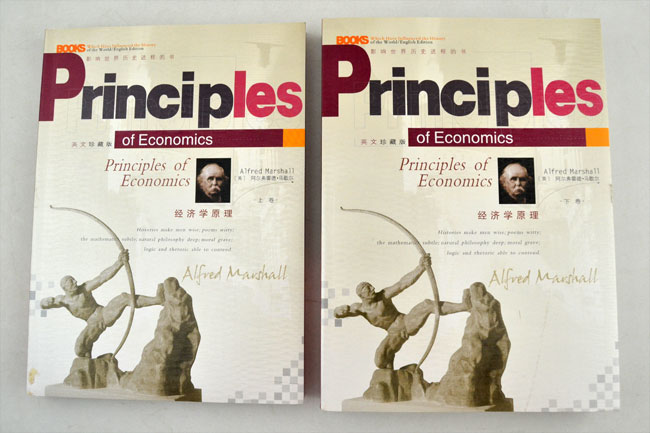
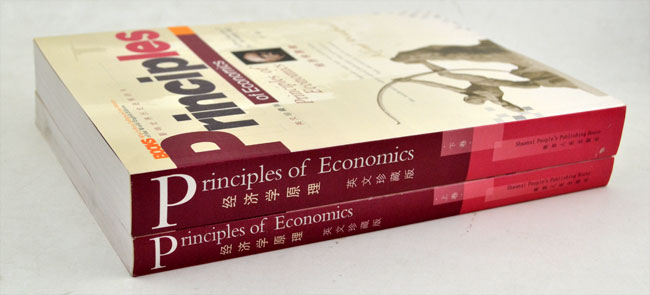

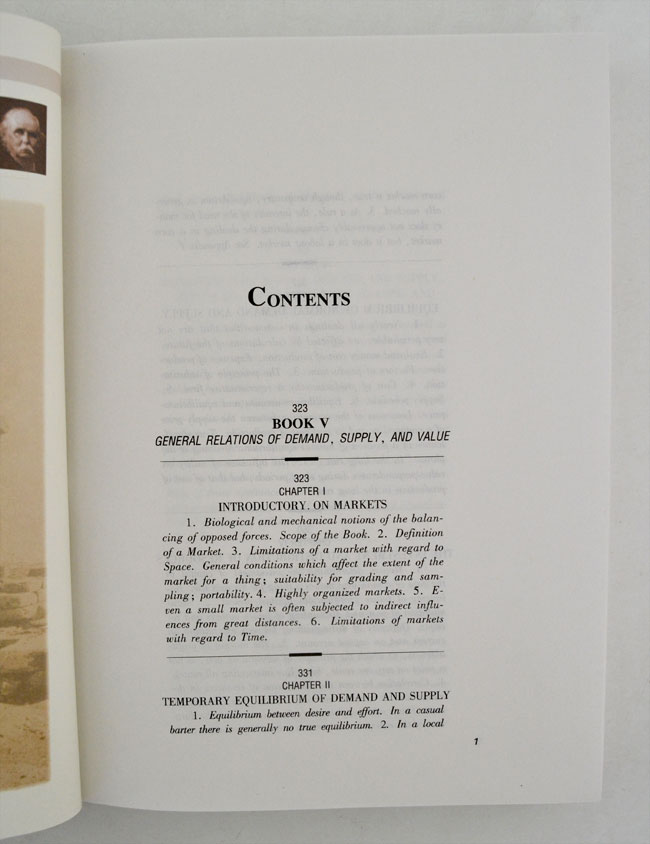
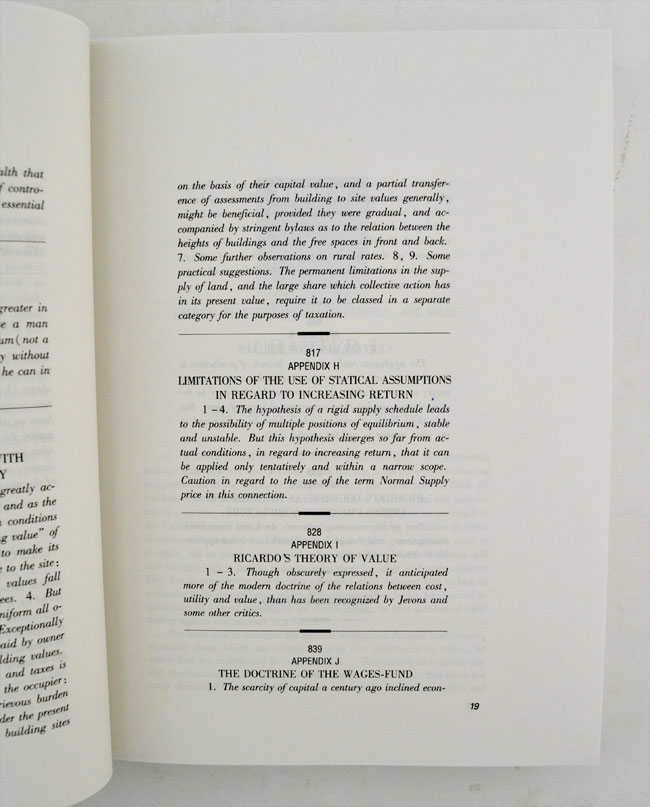
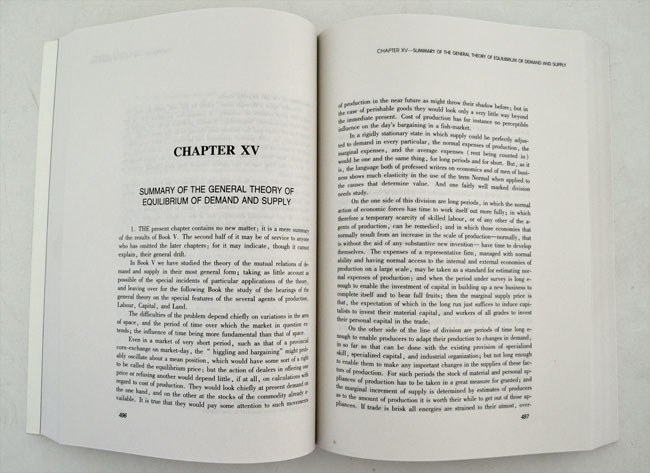
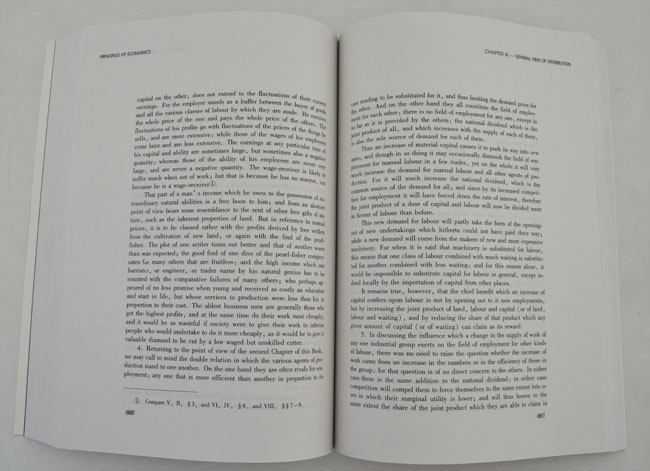
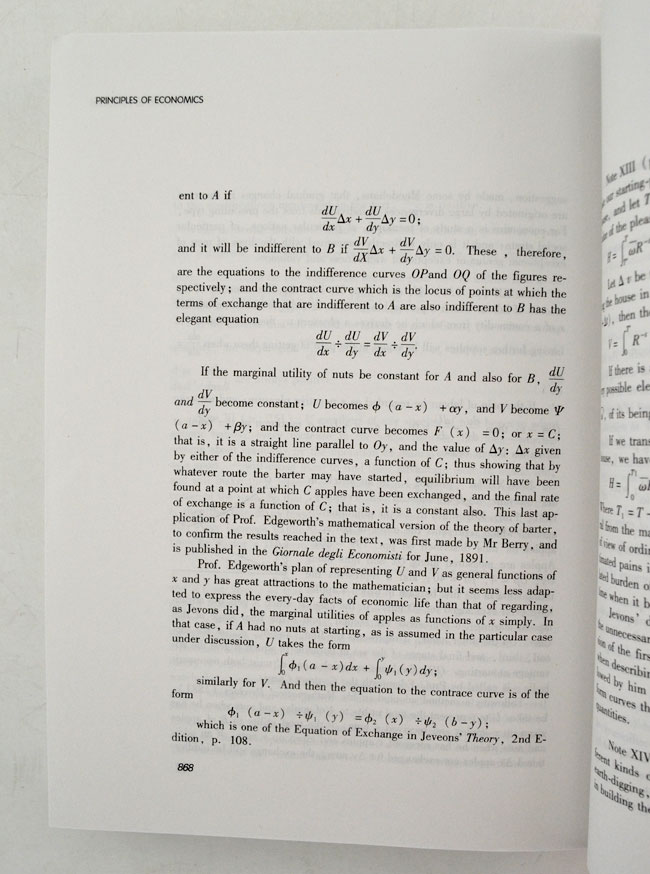
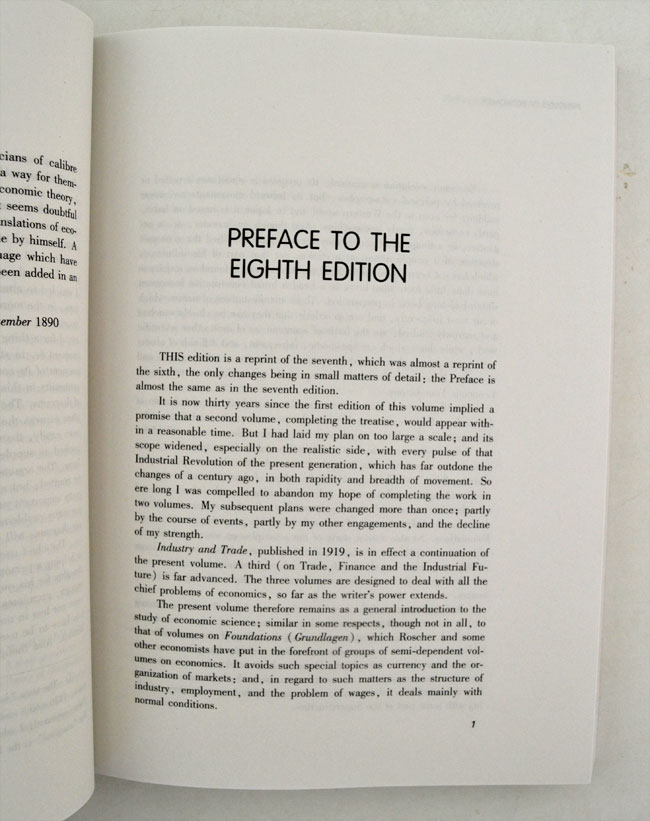
- >
人文阅读与收藏·良友文学丛书:一天的工作
人文阅读与收藏·良友文学丛书:一天的工作
¥18.3¥45.8 - >
我从未如此眷恋人间
我从未如此眷恋人间
¥16.4¥49.8 - >
龙榆生:词曲概论/大家小书
龙榆生:词曲概论/大家小书
¥9.1¥24.0 - >
烟与镜
烟与镜
¥20.6¥48.0 - >
上帝之肋:男人的真实旅程
上帝之肋:男人的真实旅程
¥19.3¥35.0 - >
自卑与超越
自卑与超越
¥13.5¥39.8 - >
苦雨斋序跋文-周作人自编集
苦雨斋序跋文-周作人自编集
¥6.9¥16.0 - >
罗庸西南联大授课录
罗庸西南联大授课录
¥13.8¥32.0
-
曾国藩的经济课
¥25.8¥68 -
金融危机篇-半小时漫画经济学-2
¥16.6¥52 -
半小时漫画经济学(生活常识篇)
¥19¥49.9 -
经济学寓言
¥18.6¥49 -
廉价的代价-资本主义、自然与星球的未来
¥25.8¥68 -
乱世中的大国崛起-中国如何应对金融危机的世界
¥23.5¥48
















